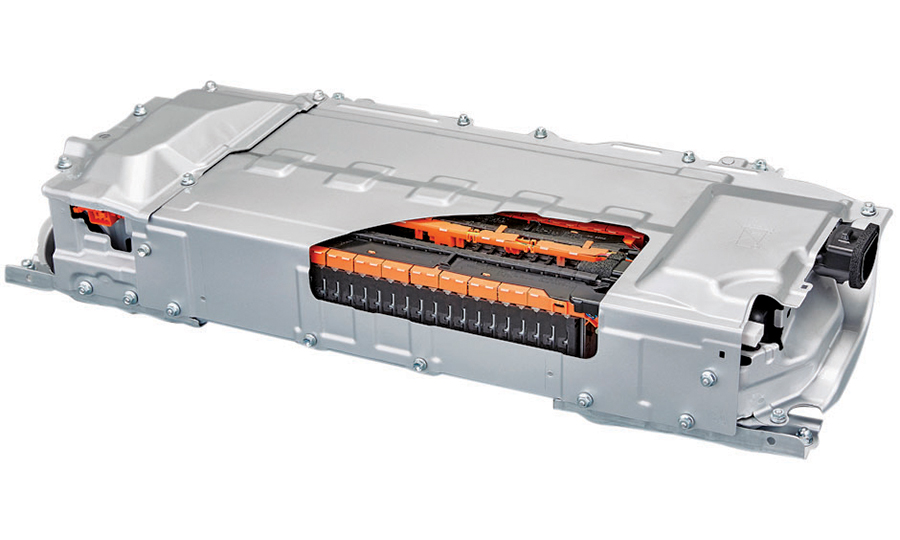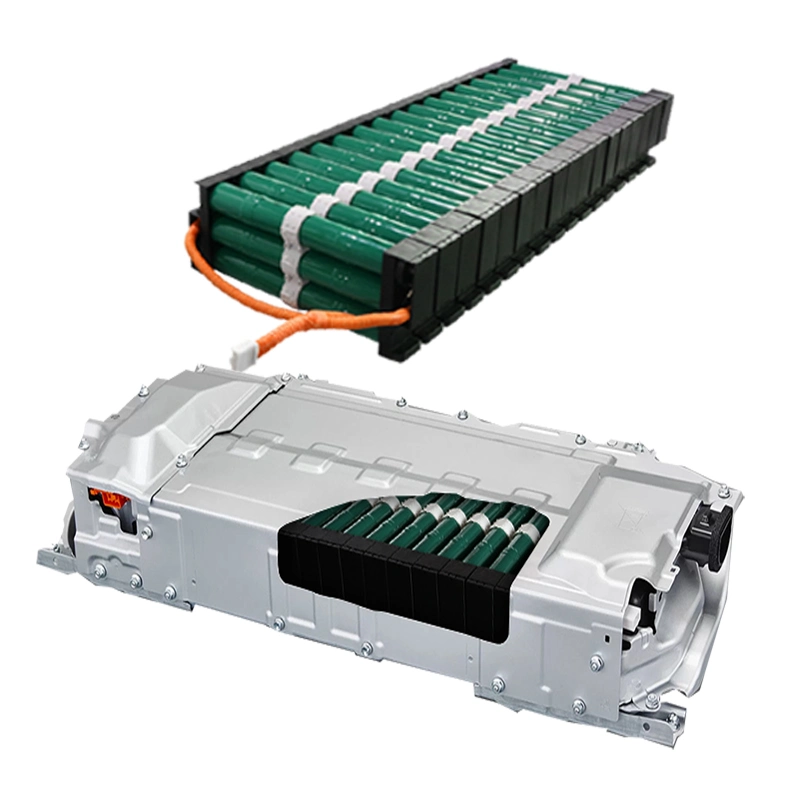Parameters & Battery Care Tips
One can say for sure that the growing enthusiasm for the purchase of Electric Vehicles has increased demand for efficient batteries. Electric Vehicles have already become a popular replacement for vehicles with the conventional engine, thanks to EVs’ superiority over ICE vehicles.
The most significant advantages of Electric Vehicles include:
- Protecting the environment
- Fewer breakdowns
- Easy maintenance
- Lower consumption
 Ace Hybrid Tech | Hybrid battery replacement
Ace Hybrid Tech | Hybrid battery replacement




